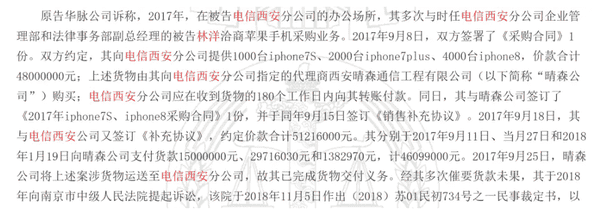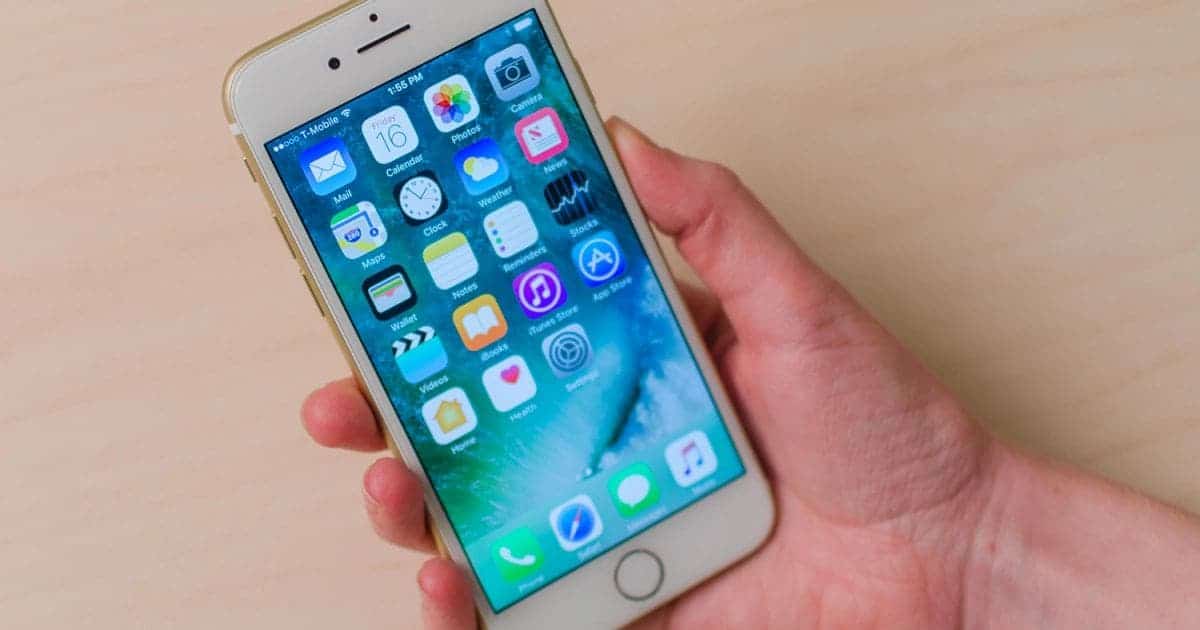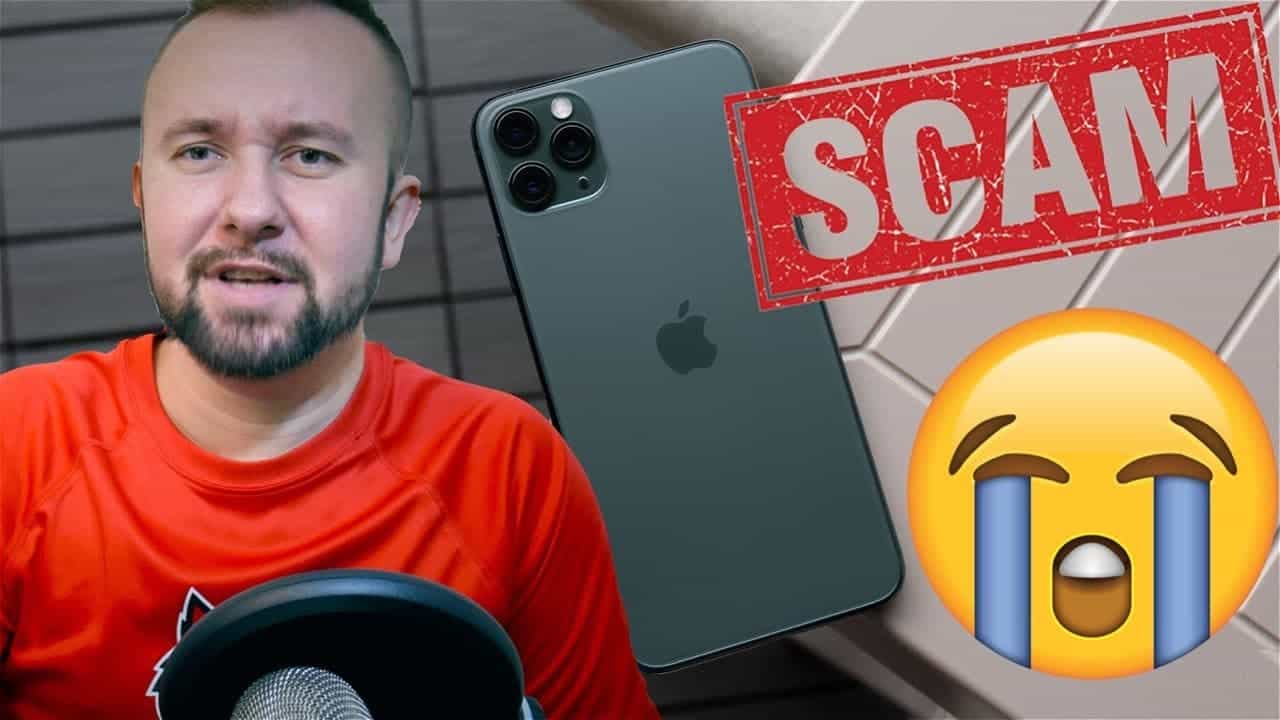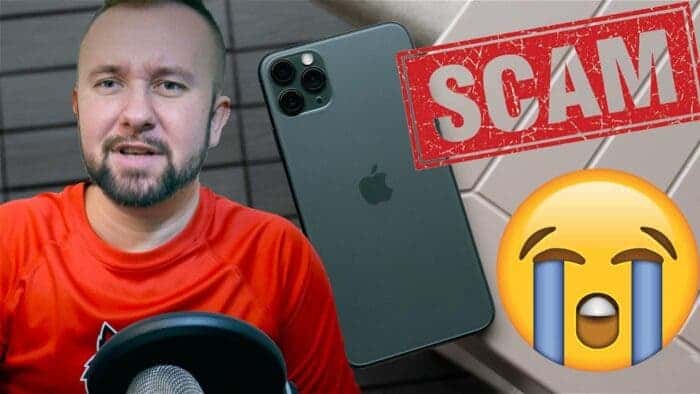If there is anything that is inevitable with tech, it’s possible scams. There are many types of scams that are associated with tech devices or even their sale process. One of the most heinous iPhone scams just took place in China. Huamai Technology, a Chinese listed company, has revised five annual reports from 2017 to 2021. According to the company, it had to revise its annual report because of contract fraud. The fraud involves iPhone purchases and because of the scam, the company could not complete its financial report. The Huamai Tech actually paid for the iPhones but the contract was not executed.

Huamai Tech paid over 70 million (about $152,000) for the iPhones but all the products that arrived were empty boxes. The report reveals that in 2017, Huamai Tech negotiated with Lin Yang, the then deputy general manager of the corporate management department and legal affairs department of the Xi’an Telecom Branch, in the office of the Xi’an Telecom Branch, to purchase Apple mobile phones. The signed contract reveals that Huamai Tech will receive the following
- 1,000 sets of iPhone 7S
- 2,000 sets of iPhone 7 Plus
- 4,000 sets of iPhone 8
The total price of the iPhones is 48 million yuan (about $104,000).

Fraud
However, in this transaction, Huamai Tech was defrauded. According to the info shown in the relevant ruling, Lin Yang signed the “Tripartite Agreement” and “Confirmation of Receipt” with Huamai Tech by stealing the cover and forging the seals of Xi’an Telecom and Tianyi Shanghai Branch. At the same time, Lin Yang handed over the iPhone box bought online as a real mobile phone to Huamai Tech and Nanjing Huaxun for acceptance. At the same time, he arranged for others to pretend to be staff of Xi’an Telecom to conduct false acceptance, and forged the receipt confirmation. Moreover, Huamai Tech was not the only company that faced similar incidents, there were other victims as well.
To sum up, Huamai Technology could not confirm the income of these thousands of iPhones. Thus, in the end, it had to revise the five annual reports from 2017 to 2021.

Popular iPhone scams
The iPhone is one of the most popular smartphones in the world, with millions of units sold every year. Unfortunately, with its popularity comes the risk of iPhone scams that can leave users out of pocket and frustrated. Here are five iPhone scams that have gotten tongues wagging over the years:
Gizchina News of the week
-
The iCloud Scam:
This is one of the most common scams, which involves hackers using phishing emails to obtain the login credentials of iCloud accounts. Once the scammers have access to the account, they can lock the phone and demand a ransom payment to unlock it. In some cases, scammers will threaten to wipe the entire phone if the ransom is not paid.
To avoid falling victim to this scam, users should be careful when clicking on links in emails and avoid entering their login details on suspicious websites. They should also enable two-factor authentication for their iCloud account, which adds an extra layer of security.
-
The Upgrade Scam:
This scam involves fraudsters contacting users and claiming to offer an upgrade to their iPhone. They will ask for the user’s current iPhone model and promise to send a new one in exchange. Once the user sends the old iPhone, they will receive nothing in return.
To avoid this scam, users should only buy from reputable retailers and never trust offers that sound too good to be true. They should also avoid sending their iPhone to anyone they do not know or trust.
-
The Fake App Scam:
This scam involves scammers creating fake apps that mimic popular iPhone apps like Instagram, Facebook, or Snapchat. The fake app will look and function like the real one, but it will steal the user’s personal information and login credentials. In some cases, the fake app will also demand a payment to unlock certain features.
To avoid falling victim to this scam, users should only download apps from the Apple App Store and read reviews carefully before installing any app. They should also check the app’s developer and make sure it is legitimate before downloading.
-
The Warranty Scam:
This scam involves fraudsters calling users and claiming to be from Apple or an authorized Apple dealer. They will inform the user that their iPhone warranty has expired and offer to renew it for a fee. The scammers will then take the user’s credit card information and disappear.
To avoid this scam, users should never give their credit card information over the phone to someone they do not know or trust. They should also verify the caller’s identity by contacting Apple directly.
-
The Text Message Scam:
This scam involves users receiving a text message informing them that they have won a prize, such as a new iPhone. The message will ask the user to click on a link or enter their personal information to claim the prize. Once the user provides the information, the scammers will steal their identity and use it for fraudulent purposes.
To avoid this scam, users should be wary of unsolicited text messages and never click on links or provide personal information to unknown senders. They should also contact their service provider to report the message.
Final words
iPhone scams can be both frustrating and costly. However, people can avoid them with caution and awareness. Because iPhones are in high demand, there is a huge tendency for people to get scammed. Users should be careful when clicking on links, loading apps, or providing personal info. They should always verify the identity of anyone claiming to represent Apple or an authorized dealer. By staying vigilant, users can enjoy their iPhones without falling victim to scams.





